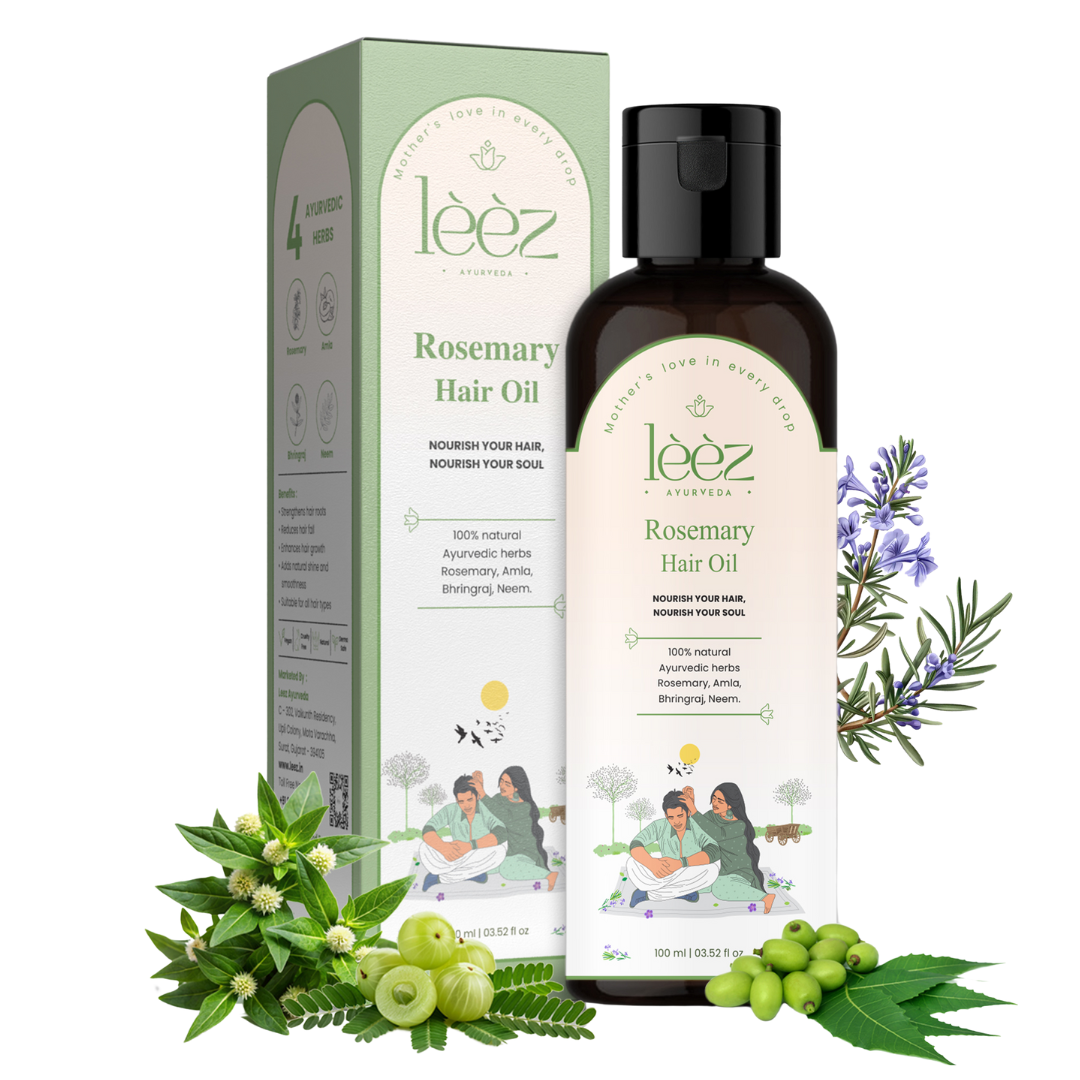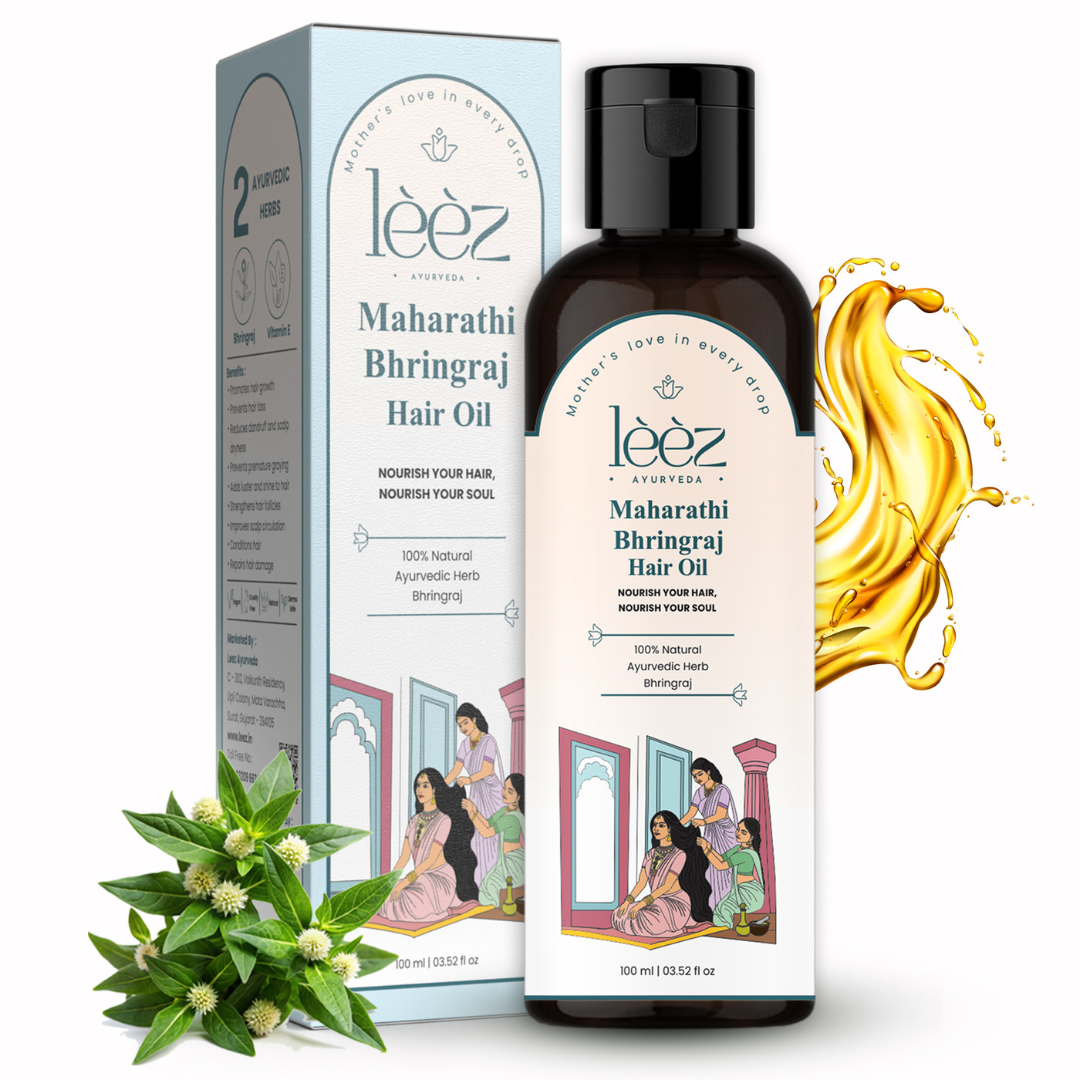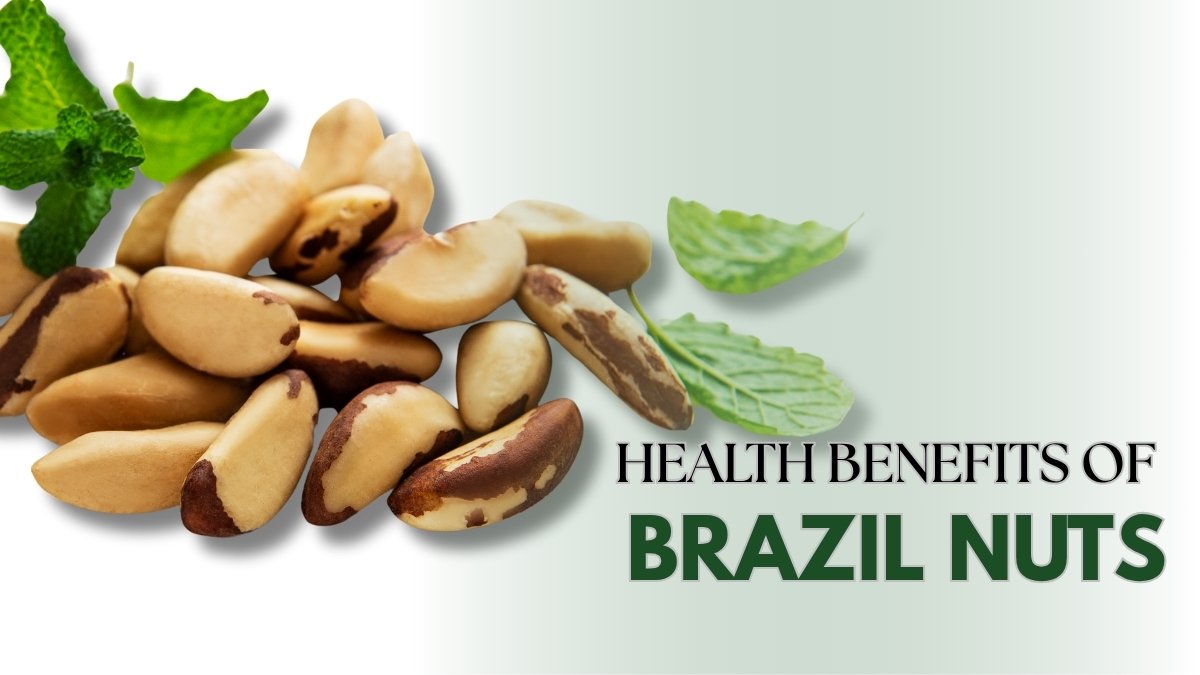High-Fiber Foods : Let’s kick things off with the superstar of our story: fiber. Often overlooked, fiber is a truly remarkable carbohydrate found in plant-based foods that your body can’t digest. Instead of being broken down, it travels through your digestive system, doing incredible things along the way. Think of it as a crucial ingredient for a well-oiled internal machine!
There are two main types of fiber, each with its own special powers:
- Soluble Fiber: This type dissolves in water, forming a gel-like substance. It helps slow down digestion, which can regulate blood sugar levels, lower cholesterol, and keep you feeling fuller for longer – a fantastic benefit for weight loss! It’s also a favorite food source for your good gut bacteria.
- Insoluble Fiber: Often called “roughage,” this fiber doesn’t dissolve in water. It adds bulk to your stool, promoting regular bowel movements and preventing constipation. It’s like a gentle scrub brush for your digestive tract.
READ MORE :- Dietitian Tip of the Day: This One Fruit Helped Me Crush My Daily Fiber foods Goals — and It Tastes Amazing Too
Why is Fiber So Important for Your Gut Microbiome?
Your gut is home to trillions of microorganisms, collectively known as your gut microbiome. This bustling community of bacteria, fungi, and viruses plays a monumental role in your health, influencing everything from digestion and nutrient absorption to your mood and, yes, your immune system.
Here’s where fiber truly shines: it acts as a prebiotic. Think of prebiotics as the fertilizer for the beneficial bacteria in your gut. When you consume fiber, especially soluble fiber, your good gut bacteria ferment it, producing beneficial compounds called short-chain fatty acids (SCFAs). These SCFAs are vital for:
- Nourishing your gut lining: SCFAs, particularly butyrate, are the primary energy source for the cells lining your colon, helping to maintain its integrity and prevent a “leaky gut.”
- Reducing inflammation: SCFAs have powerful anti-inflammatory properties, which can impact your overall health, including your immune response.
- Boosting immunity: A healthy and diverse gut microbiome, fueled by fiber, is directly linked to a stronger immune system. When good bacteria thrive, they crowd out harmful pathogens and help your immune cells function optimally.
- Weight management: Fiber helps you feel full and satisfied, reducing overall calorie intake. It also slows down sugar absorption, which can prevent spikes that lead to fat storage.
The recommended daily intake of fiber is generally 25-30 grams for adults. Most people don’t get enough, so let’s change that!
High-Fiber Foods List: Your Go-To for a Happy Gut and Strong Immunity
Ready to stock your pantry with fiber superstars? Here’s a comprehensive list of delicious and accessible high-fiber foods that will work wonders for your digestion, gut health, and immunity:
Top High-Fiber Vegetables
Vegetables are powerhouses of fiber, vitamins, minerals, and antioxidants. Aim to include a wide variety of colorful veggies in your daily meals!
- Legumes (Beans, Lentils, Chickpeas, Split Peas): These are absolute fiber champions! Just one cup of cooked lentils can provide over 15 grams of fiber. They’re incredibly versatile for soups, stews, salads, and curries.
- Benefits: Excellent for gut health, provide plant-based protein, and contribute to satiety for weight loss.
- Broccoli: A cruciferous veggie that’s not only high in fiber (around 5 grams per cup cooked) but also packed with Vitamin C and K, and compounds like sulforaphane, which have anti-inflammatory and immune-boosting properties.
- Benefits: Great for gut health, immunity, and may help with weight loss.
- Brussels Sprouts: Another cruciferous gem, offering about 4.5 grams of fiber per cup cooked. They’re also rich in Vitamin C, K, and folate.
- Benefits: Supports gut health, immunity, and provides a good source of vitamins.
- Artichokes: Especially the hearts, are a fantastic source of fiber, particularly inulin, a potent prebiotic. One medium artichoke can provide nearly 7 grams of fiber.
- Benefits: Excellent prebiotic food for nurturing beneficial gut bacteria.
- Sweet Potatoes (with skin): A delicious and versatile root vegetable with about 4 grams of fiber in a medium baked potato. They’re also loaded with beta-carotene (Vitamin A), which is crucial for immune function.
- Benefits: Good for digestion, immunity, and a healthy energy source.
- Carrots: Crunchy and sweet, carrots offer about 3 grams of fiber per cup, along with abundant beta-carotene.
- Benefits: Supports digestion and immunity.
- Spinach and Other Leafy Greens (Kale, Collard Greens, Swiss Chard): While not the highest in fiber per serving, their nutrient density makes them invaluable. One cup of cooked spinach has about 4 grams of fiber, and collard greens can offer over 7 grams per cup. They are rich in vitamins, minerals, and antioxidants.
- Benefits: Crucial for overall gut health and immunity.
- Green Peas: A humble but mighty vegetable, offering about 9 grams of fiber per cup cooked.
- Benefits: Excellent source of fiber for digestion and gut health.
- Beetroot: These vibrant root vegetables provide both soluble and insoluble fiber (around 2.8 grams per 100g) and are known for their nitrates, which can support cardiovascular health.
- Benefits: Good for digestion and overall well-being.
- Cauliflower: A low-carb, high-fiber (around 2.8 grams per cup) vegetable that can be used in countless ways.
- Benefits: Supports digestion and provides essential nutrients.
Fiber-Rich Fruits
Fruits are not just sweet treats; they’re packed with fiber, vitamins, and antioxidants!
- Raspberries: These tiny berries are fiber superstars, offering a whopping 8 grams per cup! They’re also rich in Vitamin C and antioxidants.
- Benefits: Fantastic for gut health, immunity, and weight loss due to their filling nature.
- Pears (with skin): A medium pear contains about 5.5 grams of fiber.
- Benefits: Aids digestion and provides natural sweetness.
- Apples (with skin): A medium apple provides about 4.5 grams of fiber, largely in the form of pectin, a prebiotic fiber.
- Benefits: Excellent for gut health and overall digestion.
- Avocados: While known for their healthy fats, avocados are also surprisingly high in fiber, with about 10 grams in a whole avocado.
- Benefits: Supports gut health, digestion, and promotes satiety.
- Bananas: Especially unripe (green) bananas, contain resistant starch, which acts as a prebiotic, feeding good gut bacteria. A medium banana has about 3 grams of fiber.
- Benefits: A good prebiotic food for gut health.
- Berries (Blueberries, Blackberries, Strawberries): All berries are great sources of fiber and antioxidants, which are vital for immunity.
- Benefits: Boost immunity naturally and support gut health.
Whole Grains & Seeds
Don’t forget the power of whole grains and tiny but mighty seeds!
- Oats: A breakfast staple, one cup of cooked oatmeal can provide 4 grams of fiber. They contain beta-glucan, a soluble fiber known for its cholesterol-lowering and immune-boosting effects.
- Benefits: Excellent for gut health, weight loss, and immunity.
- Quinoa: This ancient grain is a complete protein and provides about 5 grams of fiber per cooked cup.
- Benefits: Supports digestion and overall nutrient intake.
- Barley: Similar to oats, barley is rich in beta-glucan fiber, offering around 6 grams per cooked cup.
- Benefits: Good for gut health and reducing cholesterol.
- Whole-Wheat Bread & Pasta: Opt for 100% whole-wheat versions over refined grains for significantly more fiber.
- Benefits: Provides sustained energy and aids digestion.
- Chia Seeds: These tiny powerhouses pack a punch, with about 10 grams of fiber in just one ounce! They form a gel when mixed with liquid, promoting fullness.
- Benefits: Amazing for weight loss and digestion.
- Flaxseeds: Another tiny seed, offering about 3 grams of fiber per tablespoon, along with omega-3 fatty acids.
- Benefits: Aids digestion and has anti-inflammatory benefits.
- Nuts (Almonds, Pistachios): While nuts are calorie-dense, a small handful provides healthy fats, protein, and fiber (e.g., 3.5 grams in one ounce of almonds).
- Benefits: Contributes to gut health and satiety.
Foods for Digestion & Gut Health: Beyond Just Fiber
While fiber is paramount, other foods and ingredients play a crucial role in promoting healthy digestion and nurturing your gut health.
Probiotic Foods: Live & Active Cultures
Probiotics are live beneficial bacteria that, when consumed in adequate amounts, confer a health benefit to the host. They1 directly introduce good bacteria into your gut, helping to balance your microbiome.
- Yogurt with Live and Active Cultures: One of the most well-known probiotic sources. Look for labels that explicitly state “live and active cultures.”
- Benefits: Directly contributes to a healthy gut microbiome and can aid digestion.
- Kefir: A fermented milk drink, even richer in diverse probiotic strains than yogurt.
- Benefits: Excellent for gut health and can be easier to digest for those with lactose sensitivity.
- Sauerkraut: Fermented cabbage, rich in beneficial lactic acid bacteria. Ensure it’s raw and unpasteurized to retain the live cultures.
- Benefits: A potent probiotic food that supports gut health.
- Kimchi: A spicy Korean fermented vegetable dish, typically made with napa cabbage and radishes.
- Benefits: Offers a wide range of probiotics and is packed with vitamins.
- Miso: A traditional Japanese seasoning made from fermented soybeans.
- Benefits: Contains beneficial bacteria and is a good source of nutrients.
- Tempeh: Fermented soybeans, a popular plant-based protein source.
- Benefits: Provides probiotics and protein.
- Kombucha: A fermented tea drink, offering a unique blend of beneficial bacteria and yeasts.
- Benefits: Can support gut health and is a refreshing alternative to sugary drinks.
- Pickles (Fermented): Not all pickles are fermented! Look for naturally fermented pickles (usually found in the refrigerated section) that don’t contain vinegar as the primary preservative.
- Benefits: Can introduce beneficial bacteria to your gut.
Superfoods for Digestion
Beyond specific fiber or probiotic content, some foods are widely recognized for their overall digestive support.
- Ginger: Known for its anti-inflammatory properties, ginger can help soothe an upset stomach, reduce nausea, and stimulate digestive enzymes, promoting smoother digestion.
- Fennel: This aromatic vegetable contains compounds that can relax the muscles of the GI tract, easing discomfort like bloating and gas.
- Papaya: Contains the enzyme papain, which aids in protein digestion and can help relieve symptoms of indigestion and IBS.
- Pineapple: Contains bromelain, an enzyme that helps break down proteins.
- Bone Broth: Rich in collagen and amino acids like glutamine, which can help repair and strengthen the gut lining.
- Turmeric: This golden spice contains curcumin, a powerful anti-inflammatory compound that can benefit gut health.
Foods to Boost Immune System: Nourishing Your Body’s Defenders
A healthy gut is a cornerstone of a strong immune system, but certain foods directly provide the vitamins, minerals, and antioxidants that your immune cells need to function effectively.
- Citrus Fruits (Oranges, Grapefruits, Lemons): Packed with Vitamin C, a powerful antioxidant that helps increase white blood cell production, crucial for fighting infection.
- Berries (as mentioned above): High in Vitamin C and other antioxidants.
- Leafy Greens (Spinach, Kale): Rich in Vitamin C, beta-carotene, and antioxidants that protect cells from damage and support immune function.
- Broccoli & Brussels Sprouts (as mentioned above): Provide Vitamin C and other immune-supportive compounds.
- Garlic: Contains compounds that may enhance the immune system’s ability to fight off germs and can help reduce inflammation.
- Ginger & Turmeric (as mentioned above): Both are potent anti-inflammatory spices that can support overall immune health.
- Almonds: A good source of Vitamin E, an antioxidant that plays a key role in immune regulation.
- Sunflower Seeds: Rich in Vitamin E and selenium, both important for immune function.
- Red Bell Peppers: Surprisingly, red bell peppers often contain more Vitamin C than citrus fruits!
- Poultry (Chicken, Turkey): A good source of Vitamin B6 and zinc, both essential for the production and function of immune cells.
- Fatty Fish (Salmon, Mackerel): Provide Omega-3 fatty acids, which have anti-inflammatory properties and can modulate immune responses.
- Yogurt (with live cultures): As discussed, probiotics play a direct role in immunity.
Natural Ways to Improve Digestion & Gut Health: A Holistic Approach
Beyond just food, several lifestyle factors significantly impact your digestion and gut health.
- Stay Hydrated: Water is crucial for proper digestion. It helps break down food, allows nutrients to be absorbed, and keeps stool soft, preventing constipation. Aim for at least 8 glasses of water daily.
- Eat Slowly and Mindfully: Chewing your food thoroughly and taking your time to eat allows your digestive system to prepare and work more efficiently. This can reduce gas, bloating, and indigestion.
- Manage Stress: The gut and brain are intimately connected. Chronic stress can wreak havoc on your digestive system, altering gut bacteria and slowing down digestion. Incorporate stress-reducing activities like meditation, yoga, or spending time in nature.
- Regular Physical Activity: Exercise helps stimulate the muscles in your digestive tract, promoting regular bowel movements and preventing constipation.2 Even a brisk walk can make a difference.
- Get Enough Sleep: Poor sleep patterns can negatively impact your gut microbiome and increase inflammation. Aim for 7-9 hours of quality sleep each night.
- Limit Processed Foods and Added Sugars: These foods can disrupt the balance of your gut bacteria, favoring harmful microbes. They are also often low in fiber and essential nutrients.
- Reduce Alcohol and Caffeine Intake: Excessive consumption of these can irritate the digestive system and contribute to issues like heartburn.
- Consider a Food Diary: If you experience digestive discomfort, keeping a food diary can help you identify specific triggers.
- Don’t Overcook Vegetables: While cooking some vegetables can improve nutrient availability, overcooking can reduce their fiber content. Aim for lightly steamed or roasted.
High-Fiber Diet Plan: A Sample Day for Inspiration
Here’s a sample day to show you how easy it is to incorporate these amazing foods into your diet. Remember, this is just a template – adjust it to your preferences and needs!
Breakfast:
- Oatmeal Power Bowl: Cooked oats (soluble fiber, prebiotics) topped with a handful of fresh raspberries (high fiber, Vitamin C, antioxidants), a sprinkle of chia seeds (super high fiber), and a dollop of plain Greek yogurt with live cultures (probiotics).
- Why it’s great: Hits multiple goals – fiber, prebiotics, probiotics, and immunity boosters!
Mid-Morning Snack:
- A medium apple with skin (fiber, prebiotics) and a small handful of almonds (fiber, Vitamin E).
- Why it’s great: Portable, filling, and provides sustained energy.
Lunch:
- Hearty Lentil Soup/Salad: A generous bowl of lentil soup or a salad with mixed greens, chickpeas, and a variety of colorful chopped vegetables like carrots, bell peppers, and cucumbers. Dress with olive oil and lemon juice (healthy fats, vitamins, fiber).
- Why it’s great: Loaded with legumes, providing excellent fiber for digestion and gut health.
Mid-Afternoon Snack:
- Vegetable sticks (carrots, celery, bell peppers) with hummus (made from chickpeas – fiber, protein).
- Why it’s great: Crunchy, satisfying, and packed with plant power.
Dinner:
- Baked Salmon with Roasted Sweet Potatoes & Broccoli: A serving of baked salmon (healthy fats for immunity) with a side of roasted sweet potatoes (with skin for fiber, beta-carotene) and steamed broccoli florets (fiber, Vitamin C).
- Why it’s great: Balanced meal with lean protein, complex carbs, and plenty of fiber for gut health and digestion.
Evening Treat (Optional):
- A small serving of kefir (probiotics) or a few squares of dark chocolate (polyphenols, which can benefit gut bacteria).
Throughout the day:
- Drink plenty of water! Consider infusing it with ginger or cucumber for an extra boost.
- Enjoy herbal teas like ginger or peppermint for digestive comfort.
Fiber for Weight Loss: The Secret Weapon You’ve Been Missing
If weight loss is one of your goals, fiber is truly your secret weapon. Here’s why:
- Increased Satiety: Fiber adds bulk to your meals without adding many calories. This helps you feel fuller and more satisfied for longer, reducing the urge to overeat or snack on unhealthy options.
- Slows Digestion: Soluble fiber forms a gel in your stomach, which slows down the emptying of food from your stomach. This means you feel full for a longer period.
- Blood Sugar Regulation: Fiber helps to stabilize blood sugar levels by slowing down the absorption of sugar into the bloodstream. This prevents rapid spikes and crashes that can lead to cravings and increased fat storage.
- Lower Calorie Density: High-fiber foods are generally lower in calorie density compared to processed, refined foods. You can eat a larger volume of food for fewer calories.
- Improved Gut Health: As we discussed, a healthy gut microbiome can influence metabolism and energy expenditure.
- Natural Cleansing: Insoluble fiber helps keep your digestive system regular, preventing constipation and bloating that can contribute to feelings of heaviness.
By prioritizing high-fiber foods for weight loss, you’re not just cutting calories; you’re nourishing your body, optimizing your metabolism, and feeling great from the inside out.
Boost Immunity Naturally: Beyond Just Food
While food plays a significant role, remember that a holistic approach to immunity involves more than just your diet.
- Prioritize Sleep: Aim for 7-9 hours of quality sleep. During sleep, your body produces cytokines, proteins that target infection and inflammation, effectively creating an immune response.
- Manage Stress: Chronic stress can suppress your immune system. Practice stress-reduction techniques like meditation, deep breathing, yoga, or hobbies you enjoy.
- Regular Exercise: Moderate, regular physical activity can boost your immune system by increasing the circulation of immune cells. Avoid extreme or prolonged intense exercise, which can temporarily suppress immunity.
- Stay Hydrated: Proper hydration ensures that nutrients and immune cells can travel effectively throughout your body.
- Limit Alcohol and Smoking: Both can weaken your immune system.
- Maintain a Healthy Weight: Obesity can impair immune function.
- Sunshine (Vitamin D): Get some safe sun exposure for Vitamin D synthesis, which is crucial for immune health. You can also get it from fortified foods and supplements.
- Wash Your Hands: Simple hygiene practices are incredibly effective in preventing the spread of germs.
The Takeaway: A Harmonious Symphony for Your Health
It’s clear that the connection between what you eat, your digestive system, and your immune strength is deeply intertwined. By embracing a diet rich in high-fiber foods, incorporating prebiotic and probiotic foods, and choosing superfoods for digestion, you’re not just eating well; you’re creating a harmonious internal environment that supports your body’s natural defenses and overall vitality.
Remember, making gradual changes is key. Start by adding one new high-fiber food to your plate each day, or try swapping a refined grain for a whole grain. Listen to your body, stay consistent, and enjoy the incredible benefits of a nourished gut and a robust immune system! Your body will thank you for it.


















